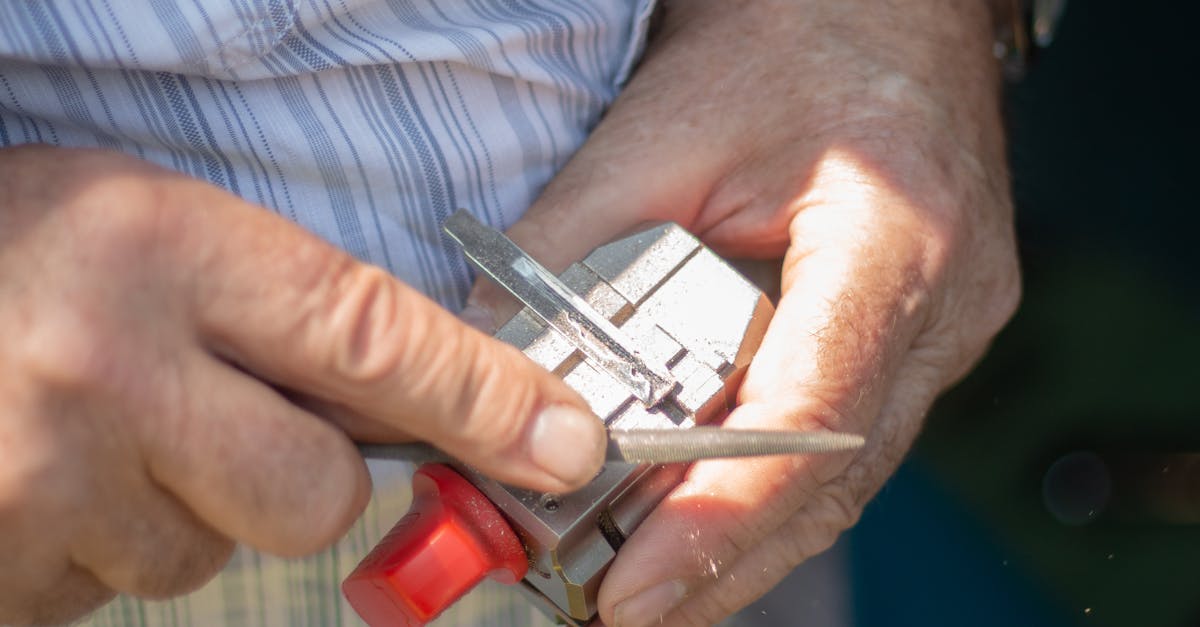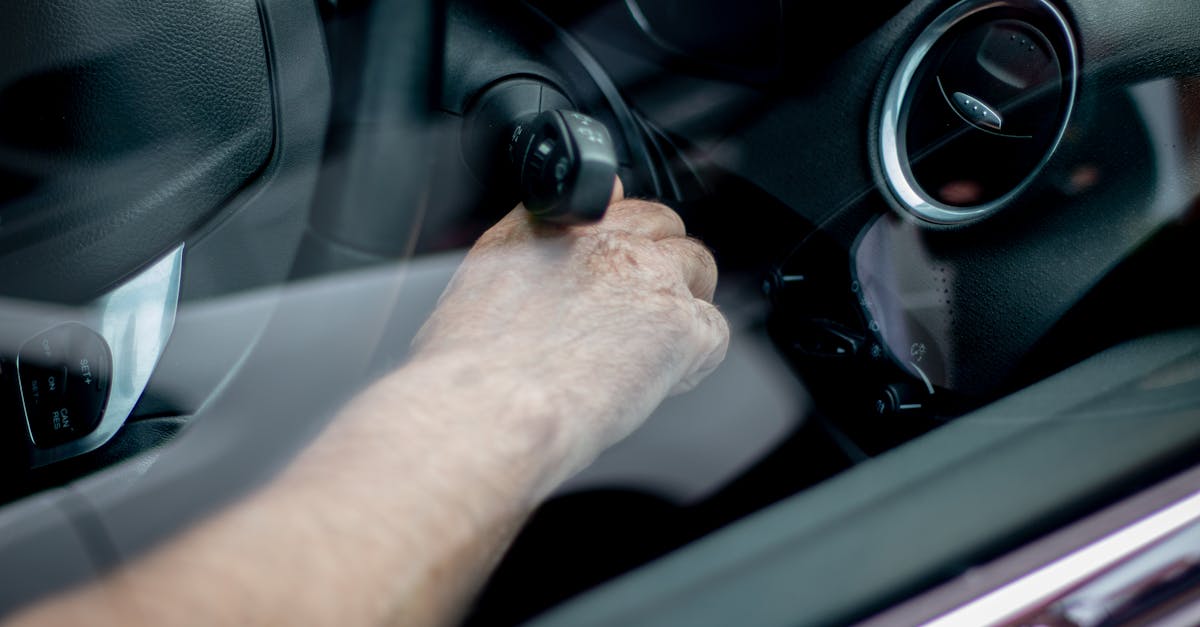
The Role of Key Cutting Machines
Key cutting machines play a pivotal role in the process of key duplication, providing the means to replicate various types of keys with precision. These machines have evolved over time, incorporating advanced technology to increase accuracy and efficiency. Many modern key cutting machines are designed to replicate not just standard keys but also more complex varieties, such as electronic or transponder keys. The skill of the operator is crucial as it ensures that the duplication matches the original closely, allowing for seamless use in locks.
Despite their capabilities, key cutting machines have limitations when it comes to certain types of keys. Some keys are designed specifically with unique patterns or security features that cannot be easily reproduced. Additionally, manufacturers often impose restrictions on the duplication of high-security keys, requiring proprietary equipment or specific permissions for duplication. This ensures that the integrity and security of locks are maintained, protecting both the Owners' property and the functionality of the locking mechanisms.
Limitations in Duplication
Key duplication has its limitations, particularly concerning certain types of keys designed to deter unauthorised copies. High-security keys often incorporate complex designs and features that are difficult for standard key cutting machines to replicate. These keys may have intricate cuts or specific patents that restrict reproduction. As a result, specialised equipment may be required to create copies, ensuring that only authorised locksmiths can perform the task.
Moreover, some manufacturers implement restrictions through the use of proprietary locks. This means that even if a key can be physically duplicated, the act may be illegal without proper permissions. Key duplication can be a sensitive issue, with legalities surrounding ownership and the rightful authority to replicate a key often coming into play. Such measures are in place to protect both the property and the privacy of key holders.
Legal Considerations for Key Duplication
Understanding the legal framework surrounding key duplication is essential for both individuals and businesses. In many jurisdictions, including Australia, there are restrictions on copying certain types of keys. This often includes keys that operate high-security locks or those that are patented. Consulting with the lock manufacturer or service provider can clarify whether a specific key is eligible for duplication and highlight any associated legal requirements.
Ownership and permission play crucial roles in the lawful duplication of keys. Individuals must have the right to duplicate a key, which usually requires proof of ownership or explicit consent from the original owner. Failure to obtain the necessary permissions can lead to legal repercussions, reinforcing the importance of adhering to laws concerning key duplication. Ensuring that all parties are informed and compliant helps maintain trust and security within shared spaces.
Ownership and Permission
Ownership and permission play a crucial role in the key duplication process. When someone seeks to duplicate a key, it's essential to establish whether they possess the legal right to do so. Keys for certain types of locks, such as those associated with rental properties or commercial premises, often require explicit consent from the property owner or authorised personnel. This ensures that security measures are respected and maintained.
Understanding the limitations of key duplication also entails recognising the restrictions imposed by lock manufacturers. Some keys are designed with unique features that prevent unauthorized duplication. Even when individuals may have ownership, they should be aware of any legal or contractual obligations associated with key usage. This approach helps promote responsible practices around key duplication, ensuring that access to properties remains secure and well-managed.
The Importance of Key Control
Key control is essential for maintaining security and access integrity within any environment. Proper management of keys ensures that only authorised individuals can gain entry to specific areas. When key duplication is unregulated, it creates potential security breaches that could compromise the safety of premises. Keeping track of who holds keys and the number of duplicates created minimises risks associated with unauthorised access.
Establishing a robust key control system involves not just monitoring the distribution of keys, but also implementing procedures for their return or replacement. This includes documenting any instances of key duplication and ensuring all copies are accounted for. By prioritising key control, organisations can enforce a stricter security protocol that mitigates potential vulnerabilities inherent in loose key management.
Managing Access and Security
Effective management of access and security is vital for safeguarding property and ensuring that only authorised personnel can enter specific areas. Implementing a robust key control system helps monitor who has access to which keys. This process not only enhances security but also reduces the risk associated with key duplication. By maintaining a comprehensive log of issued keys and limiting the number of unaccounted duplicates, property owners can better protect their assets.
Regular audits of key distribution and usage are essential components of this management strategy. Such audits reveal potential vulnerabilities and help identify where additional controls may be required. Furthermore, educating staff about the risks of improper key duplication reinforces the importance of adhering to established protocols. This proactive approach to key management ensures a higher level of security while minimising the chances of unauthorised access.
FAQS
What types of keys typically cannot be copied?
Keys that are protected by patents, such as high-security keys, restricted keys, and some electronic keys often cannot be copied without proper authorisation.
Why are some keys protected from duplication?
Keys are protected from duplication to enhance security and prevent unauthorised access. This is particularly important for high-security facilities or systems that require strict access control.
Do I need permission to duplicate a restricted key?
Yes, you typically need permission from the key owner or the issuing authority to duplicate a restricted key, as these keys are designed to limit access to certain individuals.
Can a locksmith legally copy any key?
No, a locksmith cannot legally copy every key. They are bound by laws and regulations that prohibit the duplication of certain keys without the appropriate permissions or documentation.
How can I manage access if my keys cannot be duplicated?
You can manage access by implementing key control systems, using electronic access systems, or by installing locks that allow for rekeying or the creation of master keys to maintain security and accessibility.
